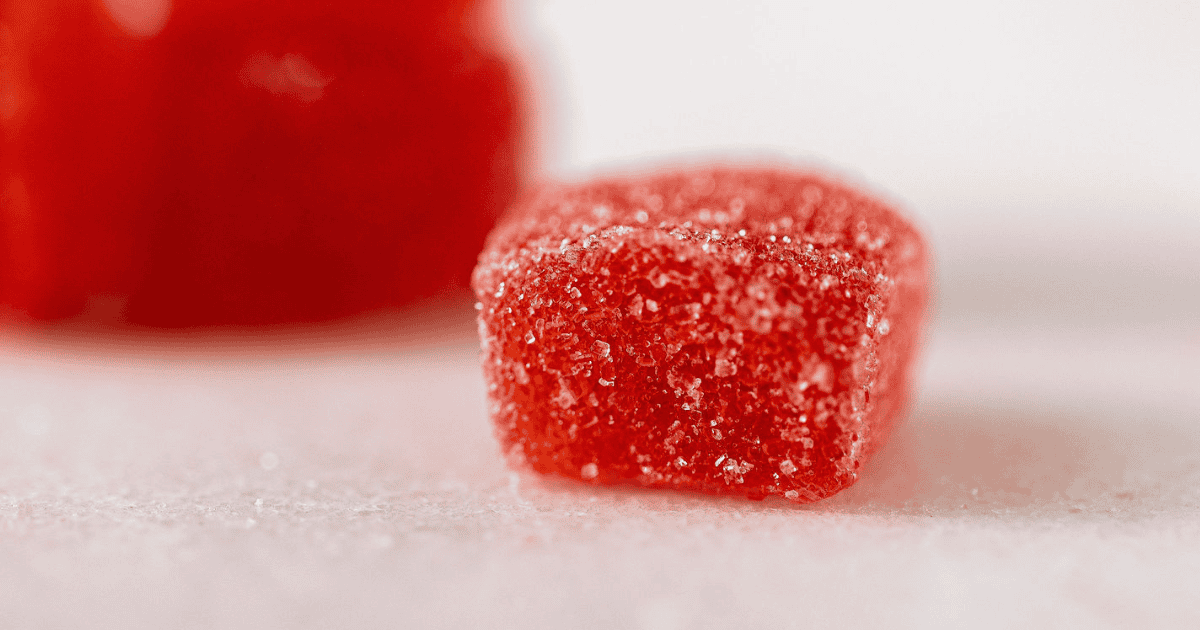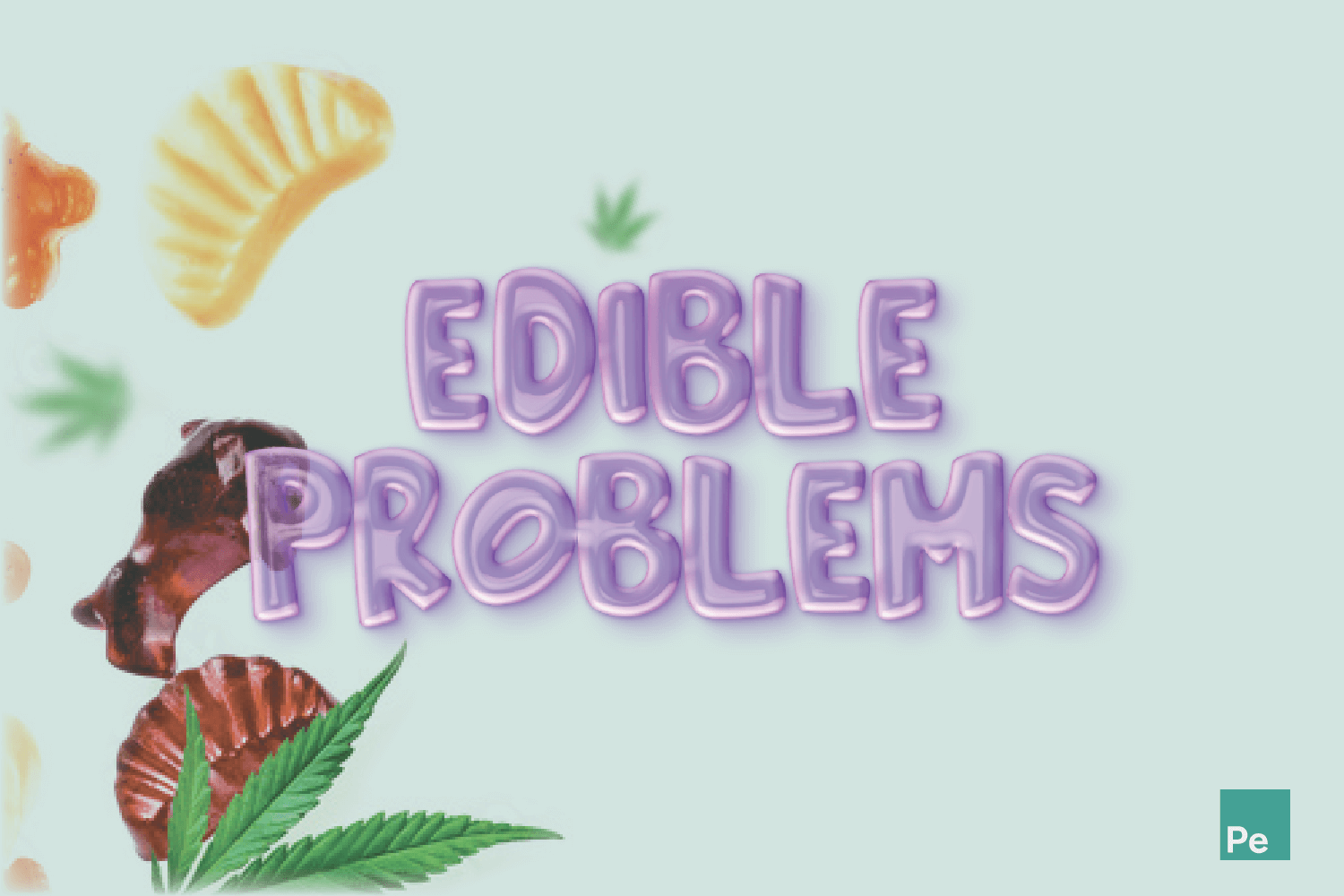Why Do Edibles Not Work For Me
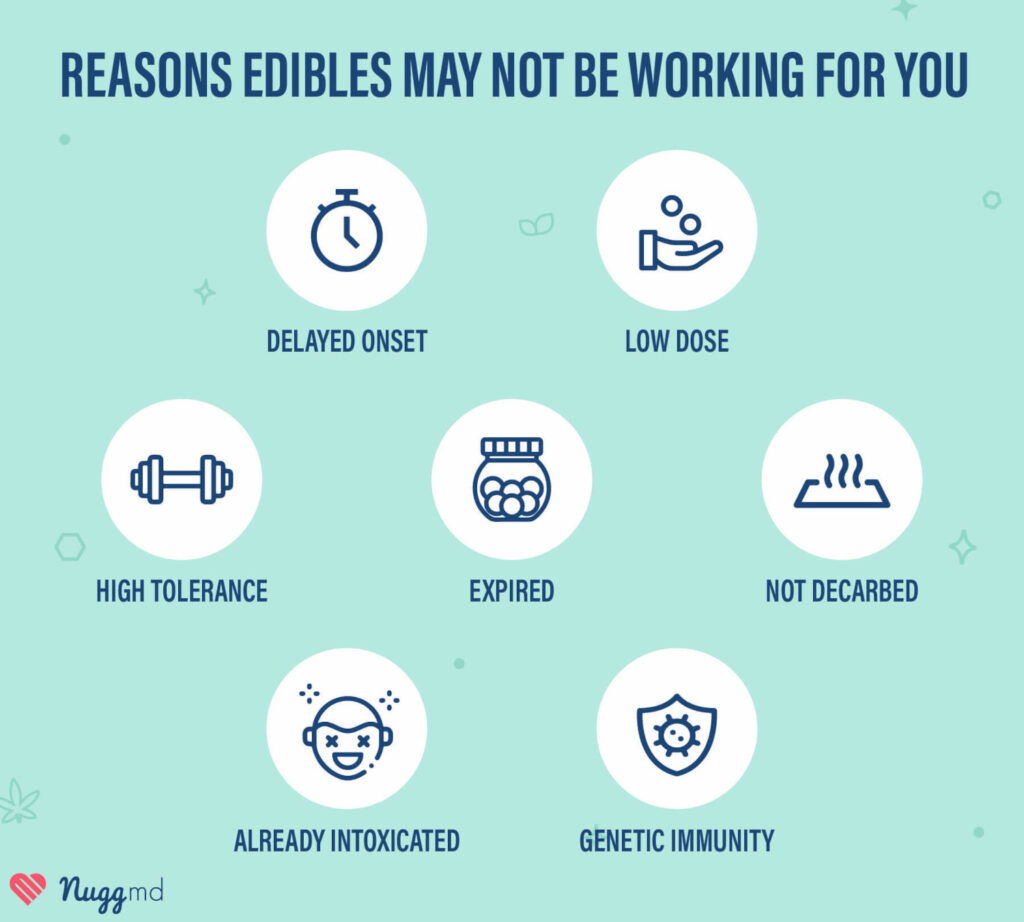
For some, edibles offer a discreet and potent alternative to smoking cannabis. But for others, the promised relaxation or euphoric high never materializes, leaving them wondering why edibles don't seem to work.
This phenomenon, though often brushed aside with anecdotal explanations, is rooted in a complex interplay of factors, ranging from individual physiology to product composition.
Decoding the Edible Enigma
This article delves into the science behind why some individuals experience little to no effects from edibles, exploring the key biological and pharmacological influences at play.
We’ll examine the roles of metabolism, genetics, product variability, and even prior cannabis use, providing a comprehensive understanding of this frustrating experience.
The First Pass Effect and Liver Enzymes
One of the primary reasons edibles affect people differently lies in the way the body processes tetrahydrocannabinol (THC), the psychoactive compound in cannabis.
When smoked or vaped, THC enters the bloodstream directly through the lungs, bypassing the digestive system and liver.
However, edibles undergo the first-pass effect
: the THC is absorbed through the stomach and small intestine and then travels to the liver before entering general circulation.
In the liver, THC is metabolized into 11-hydroxy-THC, a compound that is significantly more potent and longer-lasting than THC itself.
This conversion explains why edible highs are often described as more intense and prolonged.
The efficiency of this metabolic process, however, varies greatly from person to person.
Variations in liver enzyme activity, specifically the cytochrome P450 enzyme family, play a crucial role. Some individuals have naturally lower or higher levels of these enzymes, affecting how quickly and effectively they metabolize THC.
According to Dr. Ethan Russo, a renowned cannabis researcher and neurologist, "Genetic polymorphisms in these enzymes can significantly impact the rate of THC metabolism and, consequently, the effects of edibles.
"
Individuals with slower enzyme activity may not convert enough THC into 11-hydroxy-THC to experience the desired effects, while those with faster activity might experience an overwhelming high from even a small dose.
Gut Microbiome and Absorption
The gut microbiome, the complex community of microorganisms residing in the digestive tract, also plays a role in drug absorption and metabolism.
Certain gut bacteria can influence the bioavailability of THC, affecting how much of the compound is ultimately absorbed into the bloodstream.
A study published in the journal Drug Metabolism and Disposition found that specific gut bacteria can break down cannabinoids, reducing their effectiveness.
Differences in gut microbiome composition among individuals could contribute to the variability in edible experiences.
Further research is needed to fully understand the specific interactions between gut bacteria and cannabinoids, but this area holds promise for personalized cannabis dosing.
Individual Sensitivity and Prior Usage
Individual sensitivity to THC is another important factor. Some people are simply more resistant to the effects of cannabis than others, regardless of the consumption method.
This resistance can be influenced by genetics, body weight, and even psychological factors.
Furthermore, prior cannabis use can impact tolerance levels. Frequent users often develop a higher tolerance to THC, requiring larger doses to achieve the same effects.
For occasional users, even a small dose of an edible can be potent, while frequent users might need significantly more to feel anything.
It's crucial to start with a low dose and gradually increase it to find the optimal level, especially when trying edibles for the first time or after a period of abstinence.
Product Variability and Dosage Accuracy
The variability in cannabis products themselves can also contribute to inconsistent experiences.
Edibles purchased from unregulated sources may contain inaccurate or inconsistent amounts of THC, making it difficult to predict their effects.
Even in legal markets, there can be variations in the potency and homogeneity of edibles, particularly in homemade or small-batch products.
Consumers should always purchase edibles from reputable sources and carefully review the product label to understand the THC content.
Starting with a low dose (e.g., 2.5-5mg of THC) and waiting at least two hours before taking more is crucial to avoid overconsumption and negative side effects.
The Importance of Fat and Food
THC is a fat-soluble compound, meaning it dissolves in fat rather than water.
Consuming edibles with fatty foods can enhance THC absorption and bioavailability.
Eating a meal or snack containing healthy fats, such as avocados, nuts, or cheese, before or with an edible can improve its effectiveness.
Conversely, taking edibles on an empty stomach may result in slower and less predictable absorption.
The presence of food in the digestive system can also modulate the rate at which THC is metabolized, influencing the onset and duration of effects.
What About CBD?
While THC is the primary psychoactive compound, cannabidiol (CBD) can also influence the effects of edibles.
CBD is known to modulate the effects of THC, potentially reducing anxiety and paranoia while enhancing relaxation.
Edibles with a balanced ratio of THC and CBD may be more effective for some individuals, particularly those prone to anxiety or negative side effects from THC alone.
Moving Forward: Personalized Cannabis Consumption
The reasons why edibles don't work for some people are multifaceted and highly individualized.
Understanding the roles of metabolism, genetics, gut health, product variability, and prior cannabis use is essential for optimizing the edible experience.
As research continues, we can expect to see more personalized approaches to cannabis consumption, taking into account individual physiology and preferences.
In the meantime, starting with low doses, purchasing from reputable sources, consuming edibles with fatty foods, and considering the THC:CBD ratio are all practical steps to increase the likelihood of a positive and predictable experience.
Ultimately, the key is to listen to your body and find the approach that works best for you.
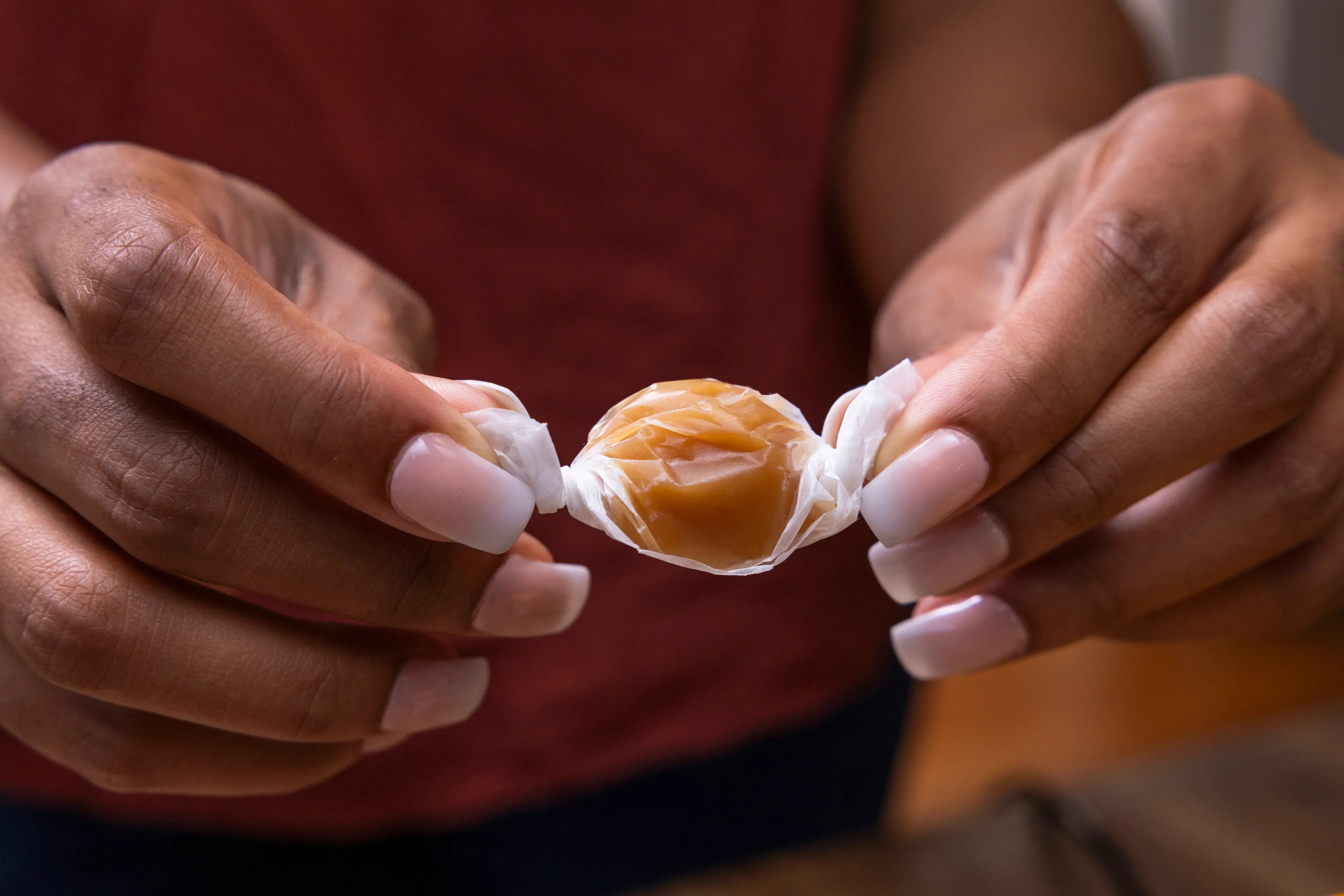

![Why Do Edibles Not Work For Me Why Cannabis Edibles Do Not Work for Everyone [9 Reasons]](https://novaseedbank.com/wp-content/uploads/2025/01/Atomic-Apple-strain.jpg)

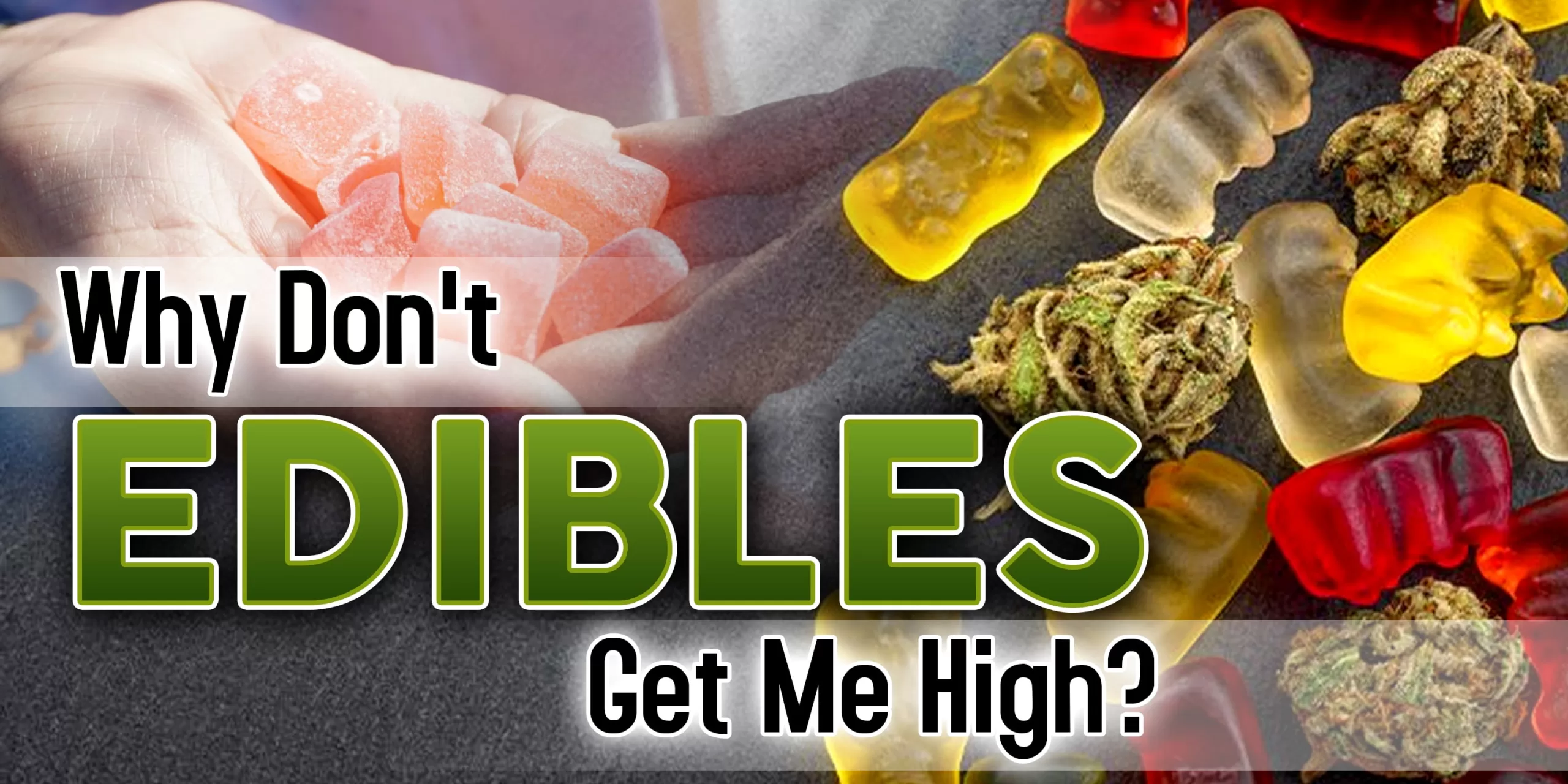
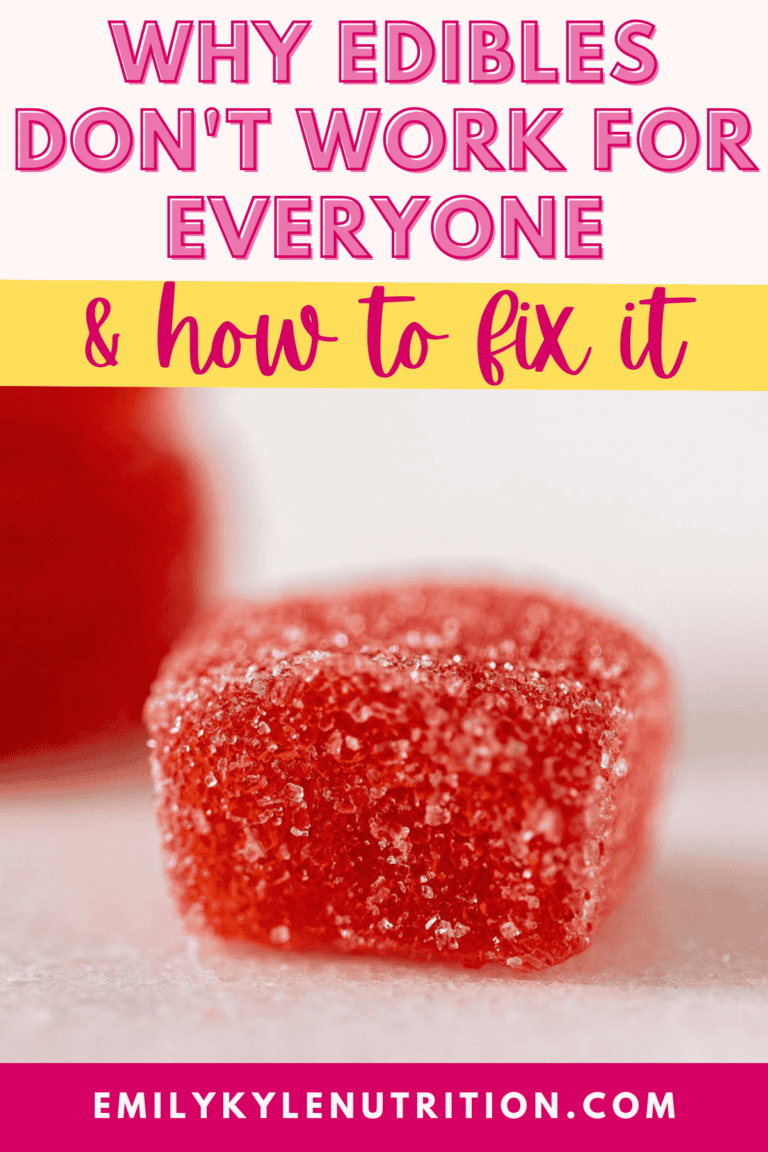
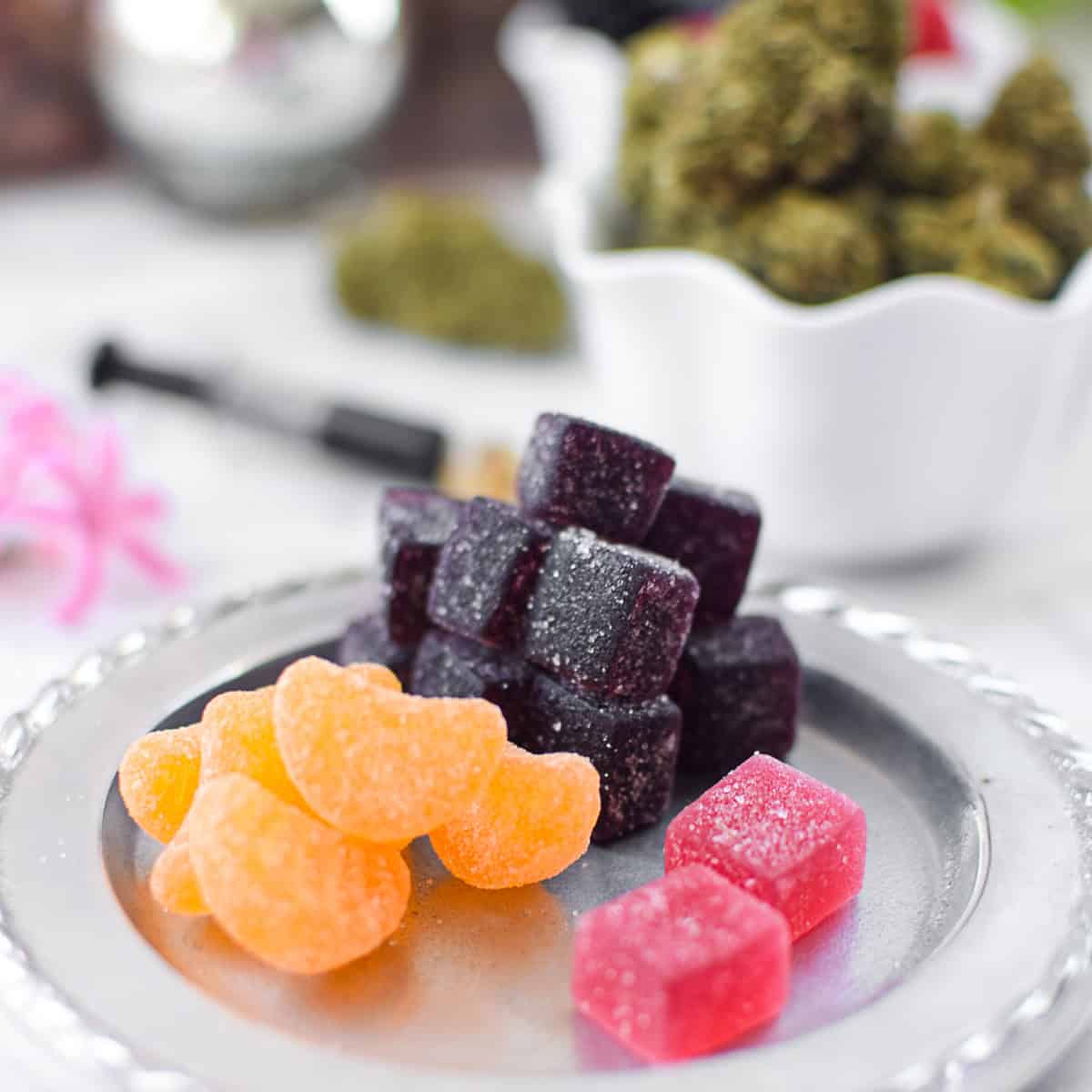
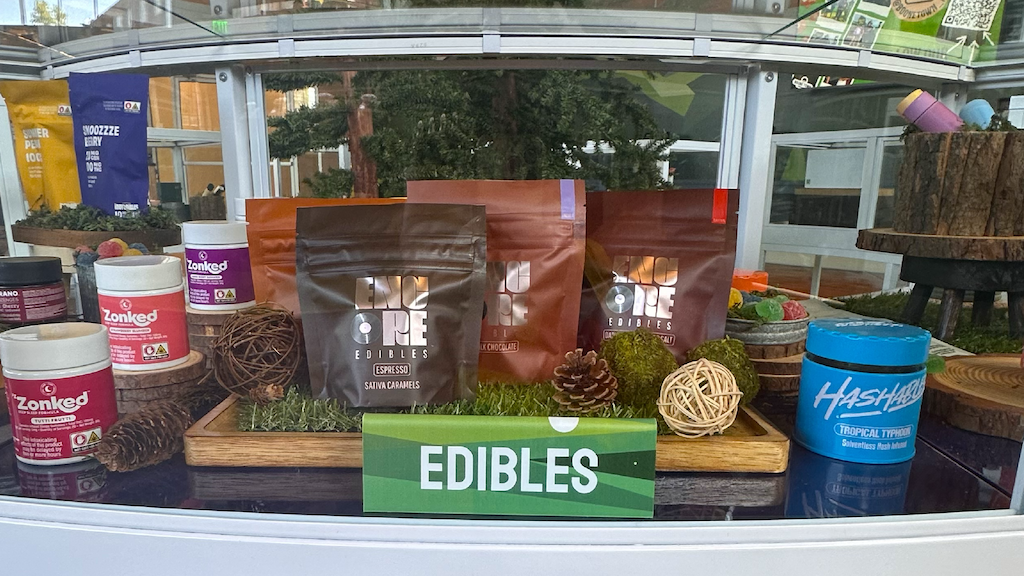
![Why Do Edibles Not Work For Me Why Cannabis Edibles Do Not Work for Everyone [9 Reasons]](https://novaseedbank.com/wp-content/uploads/2025/01/Frankenstein-strain.jpg)



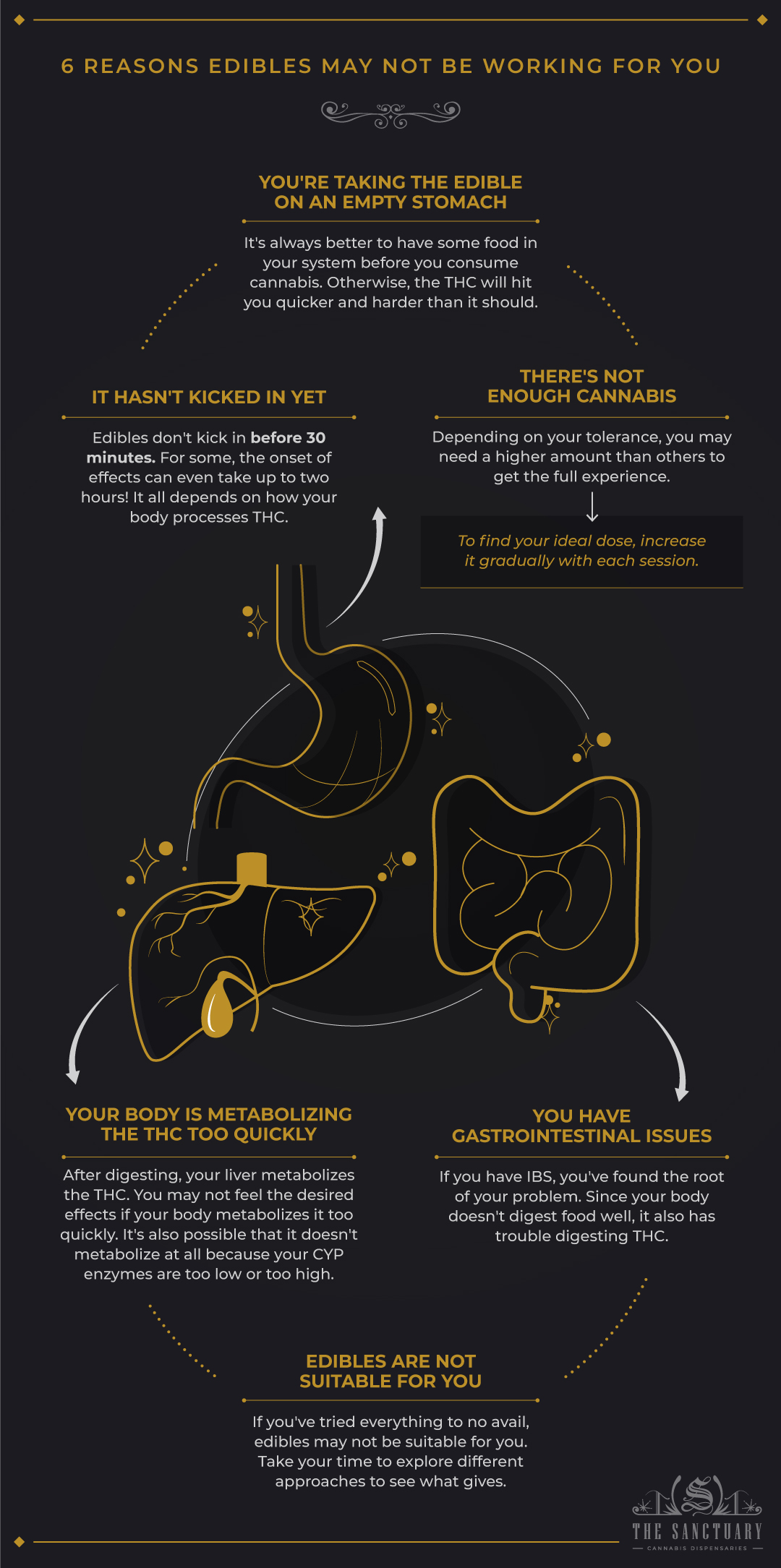
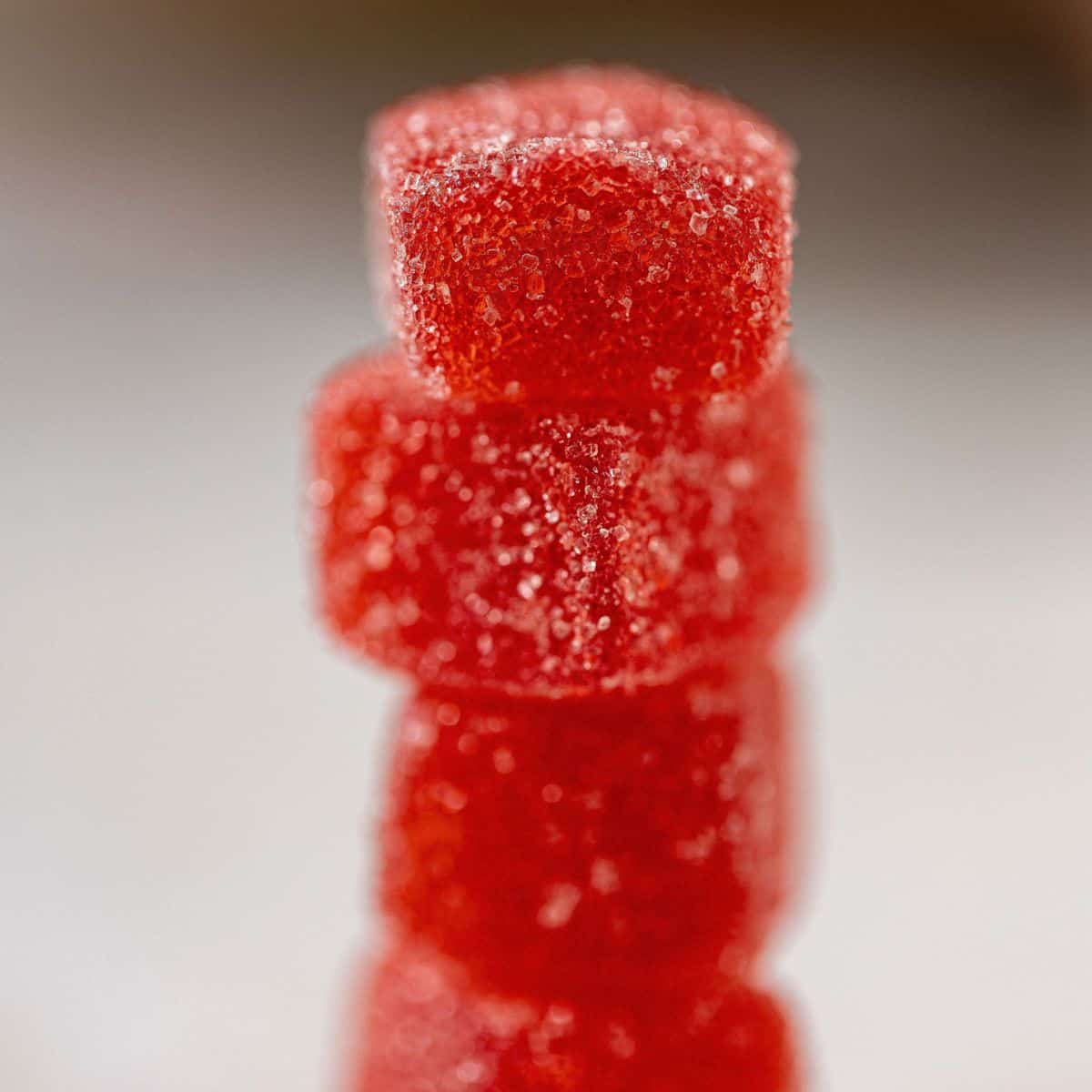
![Why Do Edibles Not Work For Me Why Cannabis Edibles Do Not Work for Everyone [9 Reasons]](https://novaseedbank.com/wp-content/uploads/2022/09/why-cannabis-edibles-do-not-work-for-everyone-768x402.jpg)
